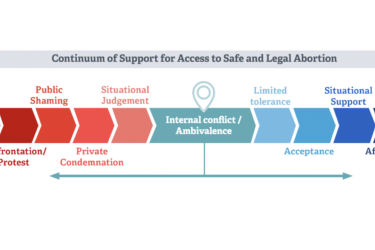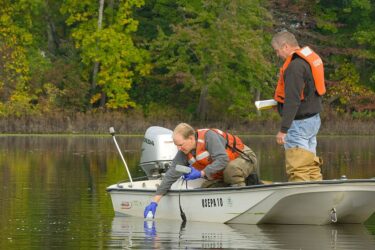Dutch researchers have concluded that during a 10-second French kiss, partners exchange an average of 80 million bacteria.
Their study, “Shaping the Oral Microbiota Through Intimate Kissing,” was recently published in the journal Microbiome.
The researchers conducted their investigation with the help of 21 human couples visiting Amsterdam’s Royal Artis Zoo on a summer day in 2012. They administered a questionnaire on the kissing habits of each partner in each couple and collected samples of tongue and salivary microbiota from each participant before and after a “controlled kissing experiment.” Then they offered a probiotic yogurt drink containing marker bacteria to one of the partners in each couple prior to a second French kiss to quantify the number of bacteria exchanged.

The findings suggest that a shared microbiota is able to develop in the mouths of partners. While collective bacteria in saliva were eventually washed out, those on the surface of the tongue were able to find “a true niche, allowing long-term colonization,” the researchers wrote.
“French kissing is a great example of exposure to a gigantic number of bacteria in a short time,” lead researcher Remco Kort of the Netherlands Organisation for Applied Scientific Research said in a story published online by the BBC. “But only some bacteria transferred from a kiss seemed to take hold on the tongue.
“Further research should look at the properties of the bacteria and the tongue that contribute to this sticking power,” Kort said in the story by BBC health reporter Smitha Mundasad.
The researcher noted that such investigations “may help us design future bacterial therapies and help people with troublesome bacterial problems.”
The researchers worked in collaboration with Micropia, the world’s first museum of microbes, Mundasad reported. The museum is part of the Royal Artis Zoo complex.
“In a newly opened exhibition, couples are invited to share a kiss and are provided with an instant analysis of the bugs they have exchanged,” she explained.
“A growing number of researchers are looking at the microbiome – an ecosystem of some 100 trillion micro-organisms that live in and on our bodies,” she reminded readers. “Scientists say these populations may be essential for health and the prevention of disease.”
In coverage of the study for ABC News, Liz Neporent offered this lede.
“There is perhaps nothing more romantic that a French kiss. Apparently there is also nothing more disgustingly filthy.”
Neporent went on to report “the more than 700 different species of bacteria that live and breed in the mouth are mostly healthy and beneficial.
“However, if ‘sharing salivary microbiota’ doesn’t sound like much of a turn on, consider these other ways of showing affection, along with their level of germiness,” she added. The story offered a helpful rundown of research into the number of bacteria exchanged in other types of contact, including regular kisses, handshakes, high fives and fist bumps.
Related
An introduction to the microbiome










